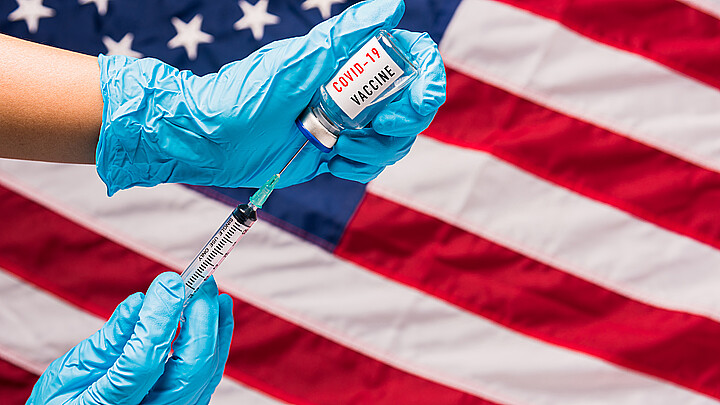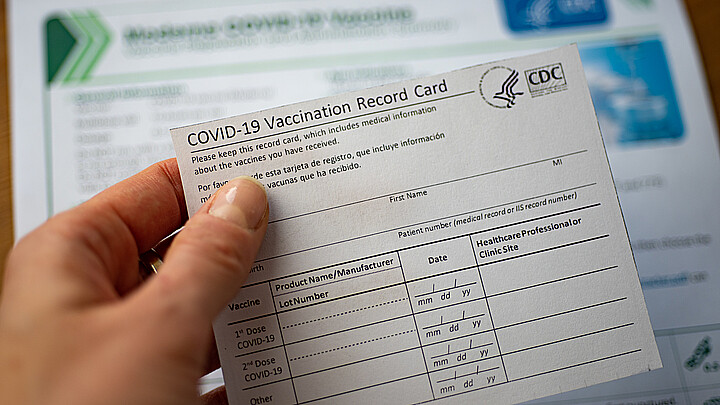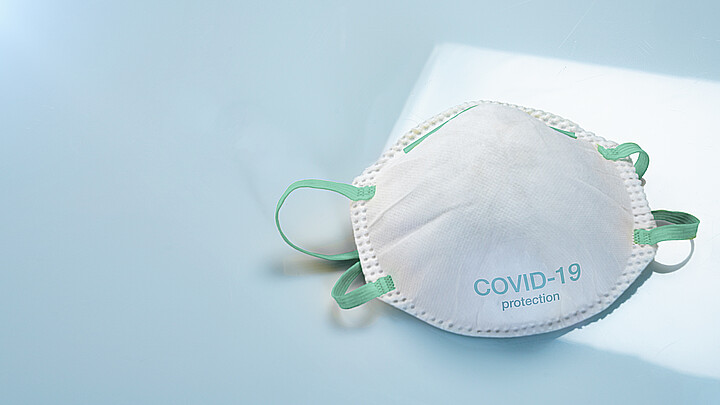Coronavirus
Some COVID-19 patients relapsing after taking Pfizer pill
Some patients who appeared to have recovered from COVID-19 after taking Pfizer’s antiviral pill are redeveloping known symptoms soon afterward, puzzling U.S. health researchers, physicians and other experts
May 11, 2022 8:50am
Updated: May 11, 2022 1:38pm
Some patients who appeared to have recovered from COVID-19 after taking Pfizer’s antiviral pill are redeveloping known symptoms soon afterward, puzzling U.S. health researchers, physicians and other experts.
A five-day course of Paxlovid was shown to reduce hospitalization from COVID-19 by 90% in clinical trials. Its approval in December was heralded as a huge leap forward in taming coronavirus, but doctors are reporting that emerging that some users are relapsing into cold-like symptoms within two weeks of treatment.
The Wall Street Journal cites several cases of rebound COVID, like a 48-year-old with a pre-existing inflammatory disease who was vaccinated and boosted. He developed long COVID-19 symptoms like chest soreness and brain fog shortly after treatment with Paxlovid.
“There was hope that antiviral therapy would basically make long Covid go away entirely but it seems that it’s still possible to develop long Covid after antiviral therapy, particularly in the setting of these rebound symptoms,” Michael Peluso, an assistant professor of medicine at the University of California, San Francisco, and an author on the case report, told WSJ.
The rebound cases have not been severe but add another complication to a drug that is already “a bit of a pain to prescribe.”
There are a few theories as to why COVID-19 appears to return, one being that patients are taking the Paxlovid too early in the course of the disease, preventing their immune systems from mounting a full response to the infection.
Another theory is that Paxlovid is not in the body long enough to fully defeat the virus in some people, leaving a small number of infected cells that persist.
Pfizer, a NYC based corporation, says that relapses occurs in fewer than 1 in 3,000 patients, according to its data.
The current label doesn’t prohibit a second course, argued one Pfizer executive. However, the Food and Drug Administration recently said there was no evidence a longer or repeated course of treatment with Paxlovid for rebound patients, reports WSJ.
These rebound cases present a challenge for the FDA as the Biden administration works to increase access to Paxlovid.
“This is something public health agencies will have to wrap their heads around and figure out what to do,” Michael Charness, chief of staff at the VA Boston Healthcare System, told WSJ.
Charness co-authored a case study of a 71-year-old man, vaccinated and boosted, who developed cold symptoms one week after getting better taking Paxlovid.










